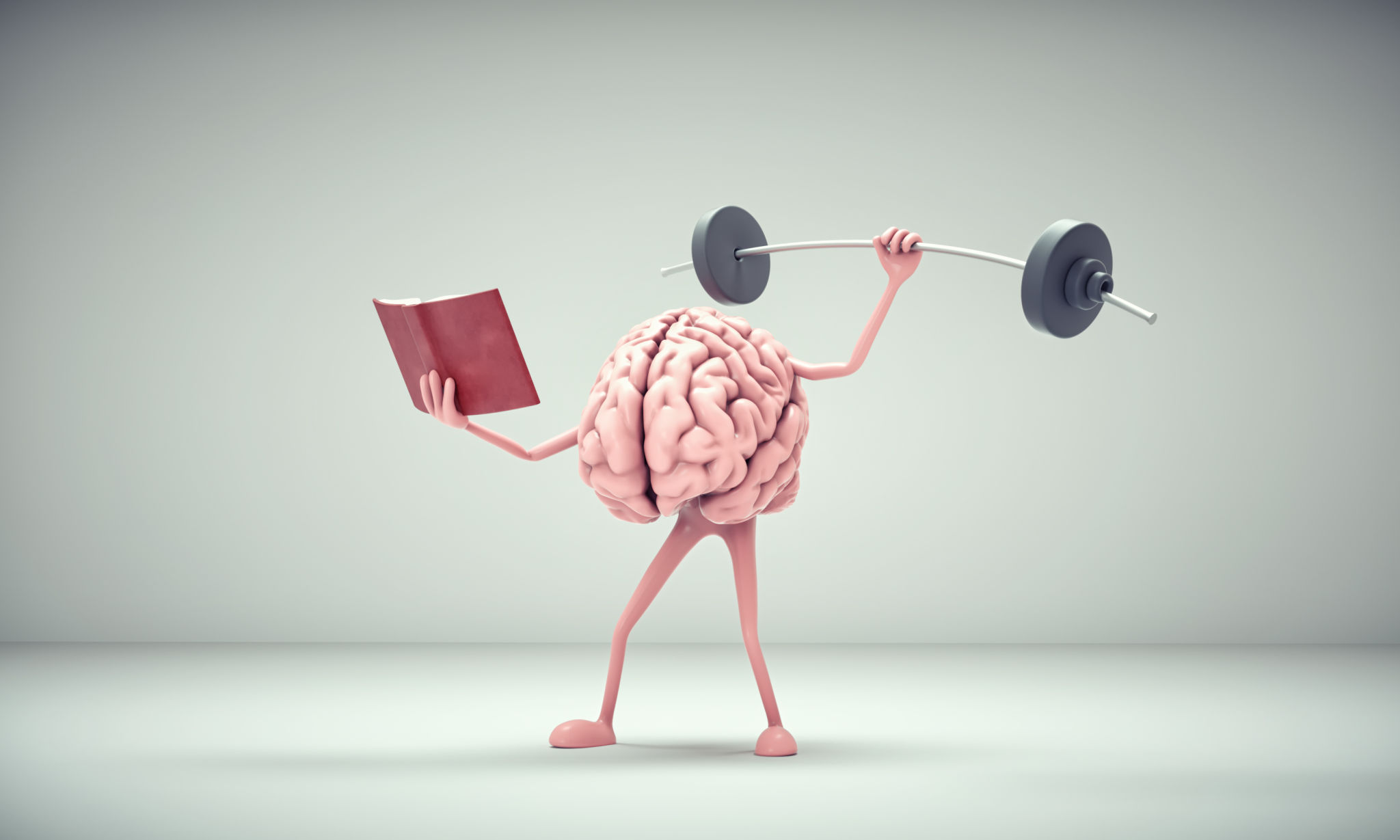Understanding Brain Health: A Comprehensive Guide
Introduction to Brain Health
Understanding brain health is crucial for maintaining a high quality of life, particularly as we age. The brain controls our thoughts, memory, emotions, and virtually every process that regulates our bodies. Keeping it healthy is vital for overall well-being. By focusing on various aspects of brain health, we can make informed choices that benefit not only our cognitive abilities but also our mental and physical health.

The Importance of Nutrition
Nutrition plays a pivotal role in maintaining brain health. A balanced diet rich in omega-3 fatty acids, antioxidants, and vitamins is essential for supporting cognitive function. Foods such as fish, nuts, berries, and leafy greens are considered brain-boosting foods due to their nutrient profiles.
Moreover, staying hydrated is equally important. The brain is about 75% water, and dehydration can lead to memory issues and decreased concentration. Thus, regular fluid intake is crucial for optimal brain performance.
Physical Activity and Brain Function
Regular physical activity has been shown to have numerous benefits for brain health. Exercise increases blood flow to the brain, promoting the growth of new brain cells and helping to improve memory and learning capabilities. Activities like walking, cycling, or even dancing can be effective in enhancing cognitive functions.

Mental Stimulation and Cognitive Resilience
Engaging in mentally stimulating activities is another key factor in maintaining brain health. Puzzles, reading, learning new skills, or playing musical instruments can help keep the brain engaged and active. These activities encourage the formation of new neural connections and boost cognitive resilience.
Additionally, social interactions are beneficial for the brain. Engaging in conversations, participating in group activities, and building a strong social network contribute to mental agility and emotional health.
The Role of Sleep in Brain Health
Quality sleep is critical for brain health. During sleep, the brain undergoes processes that help consolidate memories and clear out toxins. Adults should aim for 7-9 hours of sleep per night to ensure their brains function optimally during the day.

Managing Stress for Improved Cognitive Function
Chronic stress can negatively impact brain health by affecting memory and the ability to learn new things. Stress management techniques such as meditation, yoga, or deep-breathing exercises can help reduce stress levels and promote relaxation.
Prioritizing relaxation and leisure time is vital for maintaining a healthy balance between mental exertion and recovery.
Avoiding Harmful Substances
It is important to avoid substances that can harm the brain. Excessive alcohol consumption, smoking, and drug abuse have been associated with cognitive decline and other neurological issues. Limiting exposure to these substances can significantly contribute to long-term brain health.
Conclusion
Understanding and prioritizing brain health is essential for achieving a long-lasting and fulfilling life. By focusing on proper nutrition, regular exercise, mental stimulation, quality sleep, stress management, and avoiding harmful substances, we can enhance our cognitive abilities and maintain mental well-being throughout our lives.